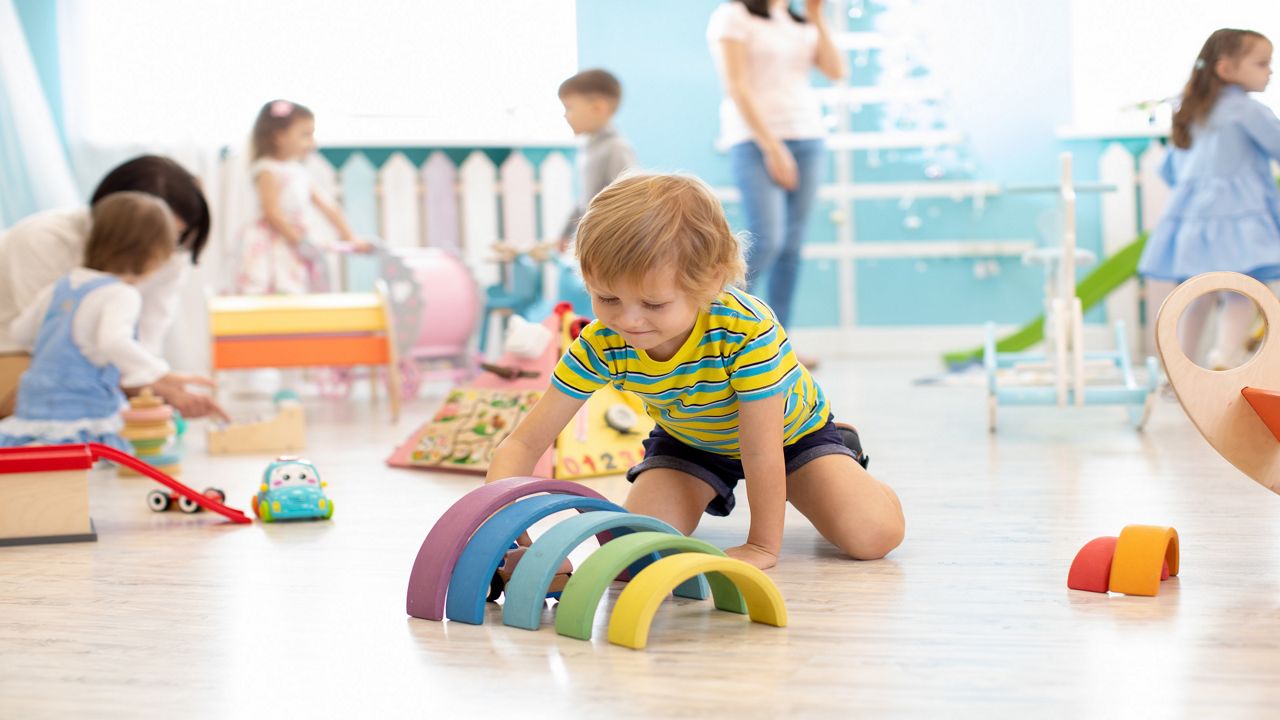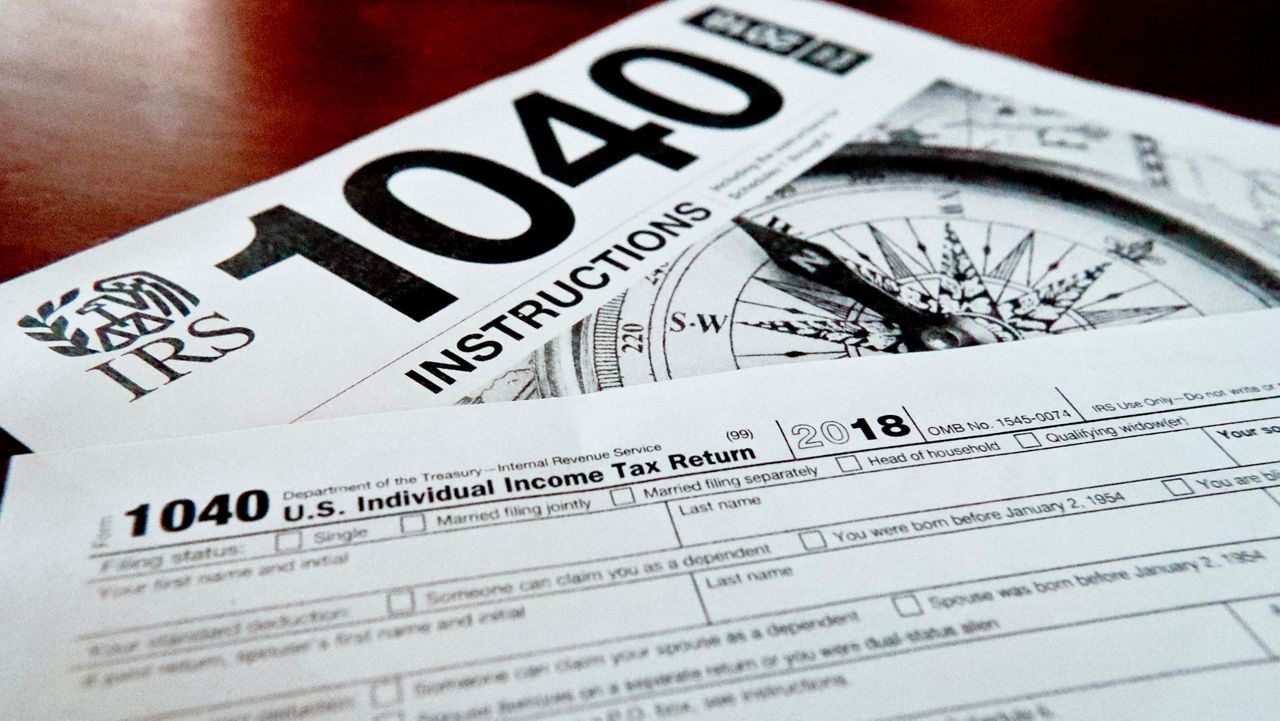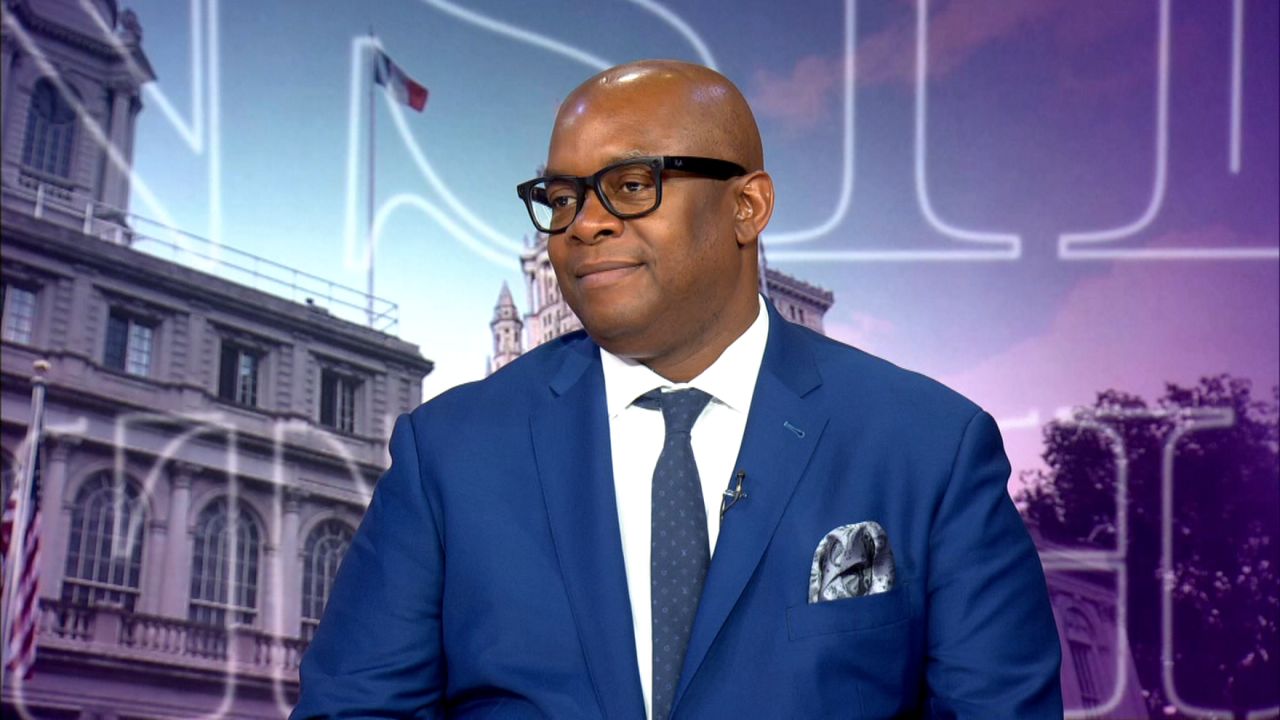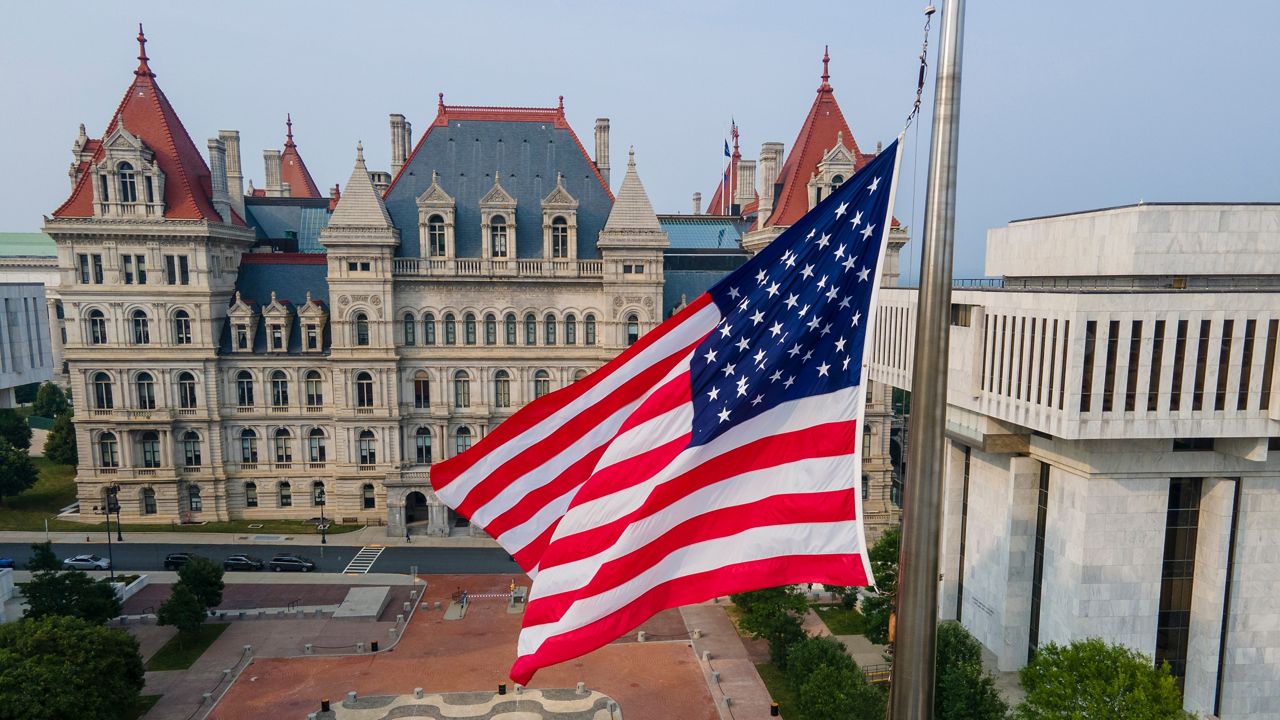Years of noise and pollution complaints have caused City Council members to introduce several pieces of legislation that would limit the use of nonessential helicopters in the city's airspace.
Residents living near the city's helipads told NY1 chopper noise has grown particularly bad in recent years.
"Going from the heliports in JFK to the Hamptons to the tourist ones," said Brooklyn resident Marc Bierman.
"I'm suffering," said Melissa Elstein, the board chair of the grassroots organization Stop the Chop NY/NJ. "I can't enjoy Riverside Park, Central Park, other areas of New York and my home environment without the constant chop, chop noise of the helicopters and it's just unfair."
Elstein and others bothered by helicopter noise rallied at City Hall Tuesday before a City Council committee hearing about legislation that would limit nonessential, fossil-fuel based chopper flights from the Downtown Manhattan and East 34th Street heliports.
"Getting to the part of where the city has jurisdiction with the laws to actually regulate this industry," said City Council Member Amanda Farias.
According to city officials, nearly 30,000 tourist trips originate from the Pier 6 heliport near Wall Street in addition to thousands of other nonessential flights — and noise complaints to 311 have more than doubled in recent years, topping 59,000 in 2023.
"It's becoming untenable," Bierman said. "You can't sit in your own home without feeling constant stress."
Some people who fly in private choppers describe them as a convenience.
"We use the helipads," said Michael Peterson.
"We use them to come from the airport," said Peterson's partner, Garrett. "It's just an easier, if you're in a hurry, it's an easy sense of transportation. I'm all for it."
During Tuesday's hearing, the city's Economic Development Corporation — or EDC — said the agency is trying to balance public concerns with the $78 million economic impact the city's heliports provide.
“Fifty million dollars of direct economic impact resulting from heliport operators making purchases like fuel, for example, or other supplies to support their operations and $28 million of indirect spending," Jennifer Sun, executive vice president of planning for NYC EDC, testified during the hearing.
Representatives of the helicopter industry said they are also trying to balance public and industry interests.
"I think the key for us is to not go to extremes by banning this and banning that," said Josh Rousseau of Vertica Aviation International. “Our goal is to innovate and move out industry forward in a responsible way."
That includes incentivizing the use of electric helicopters, which the EDC said it's doing to cut down on noise pollution and carbon emissions from gas-powered helicopters.
In 2023, the city's Economic Development Corporation issued a request for proposals to convert the Downtown Manhattan Heliport into a facility that supports electric vertical take-off and landing aircrafts. According to city officials, companies that are developing the technology are hoping to receive certification from the Federal Aviation Administration by 2025.




_Pkg_CC_Helicopter_Noise_CG_129545757_0?wid=320&hei=180&$wide-bg$)




